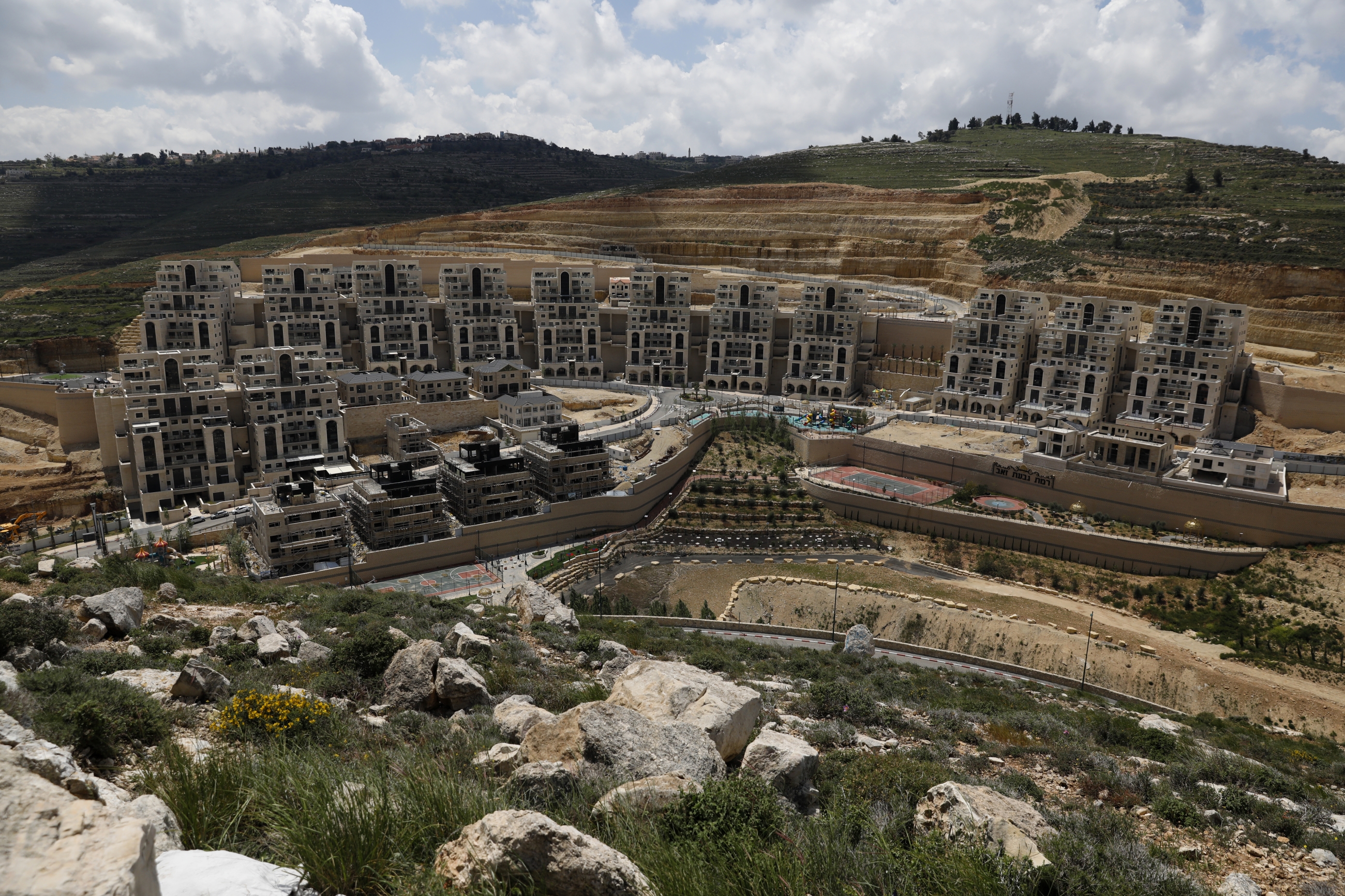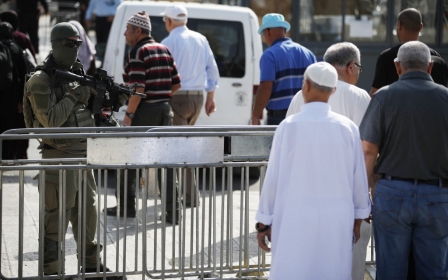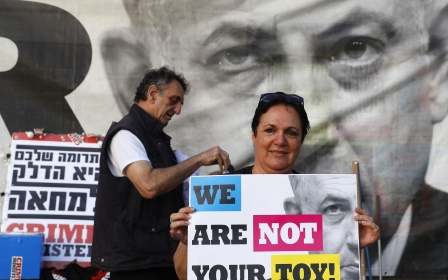EU condemns new Israeli settlements in East Jerusalem as 'illegal'

The European Union has condemned Israeli plans to build illegal housing units in occupied East Jerusalem.
The plans, which were announced on Wednesday by Israel's housing ministry, include the construction of 805 housing units in Jewish neighbourhoods in the city's east, which was occupied by Israel in 1967.
In a statement released Saturday, the EU said it is "strongly opposed to Israel's settlement policy, including in East Jerusalem, which is illegal under international law and an obstacle to peace".
"The policy of settlement construction and expansion in East Jerusalem continues to undermine the possibility of a viable two-state solution with Jerusalem as the future capital of both states, which is the only realistic way to achieve a just and lasting peace.
"The EU will continue to engage with both parties and with its international and regional partners to support a resumption of a meaningful process towards a negotiated two-state solution."
New MEE newsletter: Jerusalem Dispatch
Sign up to get the latest insights and analysis on Israel-Palestine, alongside Turkey Unpacked and other MEE newsletters
Tenders were published for 460 units in the neighbourhood of Pisgat Zeev, with another 345 in Ramot, according to Israeli NGO Peace Now, which monitors settlement building in the occupied Palestinian territories.
"Continued construction in East Jerusalem does not contribute to Jerusalem and does not contribute to Israel," the NGO said in a statement. "As long as we have not reached a permanent agreement with the Palestinians on Israel's borders, building beyond the Green Line is illegitimate and only harms the prospects for peace and trust between the sides."
The proposals would make 2019 the busiest year for settlement building activity since 2014, when tenders were issued for 2,240 units. Last year saw 603 tenders issued and in 2017 there were just 130.
The NGO said that the plans are expected to "add to housing units to the existing neighbourhoods in a way that increases the density of the built-up area and does not actually expand the area" on which the neighbourhoods are spread.
Peace Now added that "there is still potential for several thousand housing units, mainly in Gilo and Har Homa, but the main planning is currently increasing density and adding housing units in the existing areas".
The Israeli move comes weeks before the US administration rolls out the economic aspects of a Middle East peace plan, dubbed the "deal of the century".
Middle East Eye delivers independent and unrivalled coverage and analysis of the Middle East, North Africa and beyond. To learn more about republishing this content and the associated fees, please fill out this form. More about MEE can be found here.




